Celebrating Plants and People
-

There Is More To Landscaping For Biodiversity Than Native Plants
The preponderance of studies demonstrate that parameters other than species nativity have the greatest influence on biodiversity of these groups. Rather than limiting tree and shrub selection lists to a narrow palette of native species, a more practical, science-based approach to enhancing urban landscape biodiversity is suggested.
-
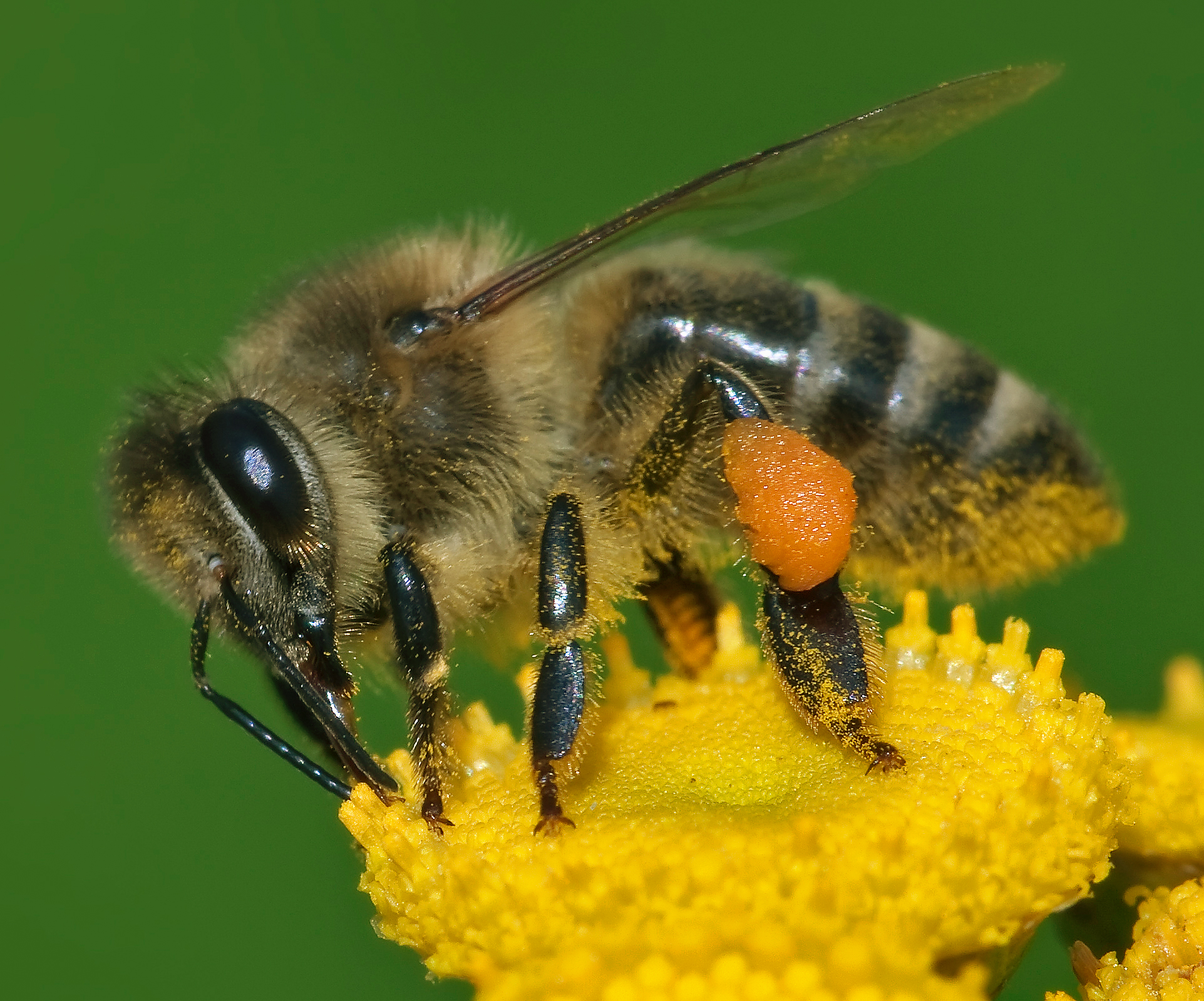
When Pollinators Of Different Sexes Prefer Different Plants
The ecological consequences of sex-specific pollination can be complex. Suppose that a plant is favoured by female pollinators. They produce male pollinators, who may prefer visiting other competing plants and intensify the negative effects of inter-plant competition.
-
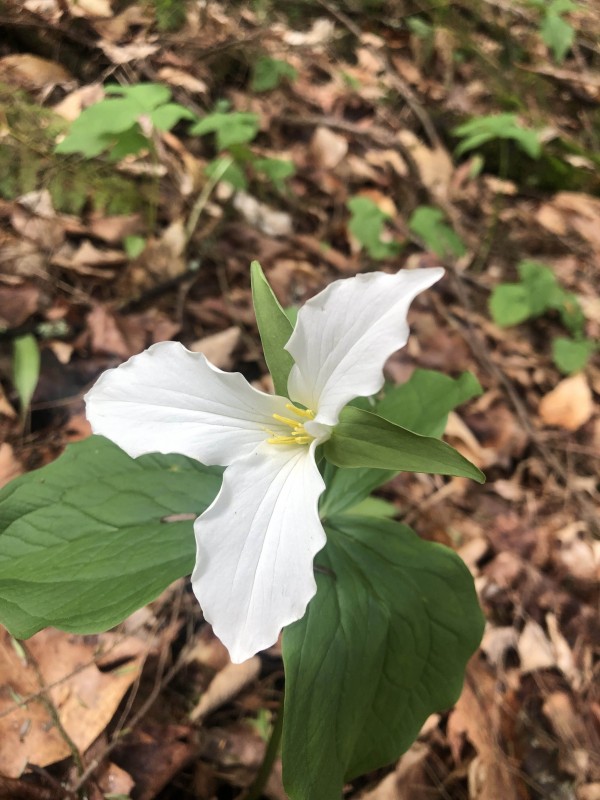
To Regenerate Temperate Forests You Have To Get The Ants On Board
“Ants are beneficial. They’re not as charismatic as butterflies or bees that help pollinate flowers, but they are just as important,”
-
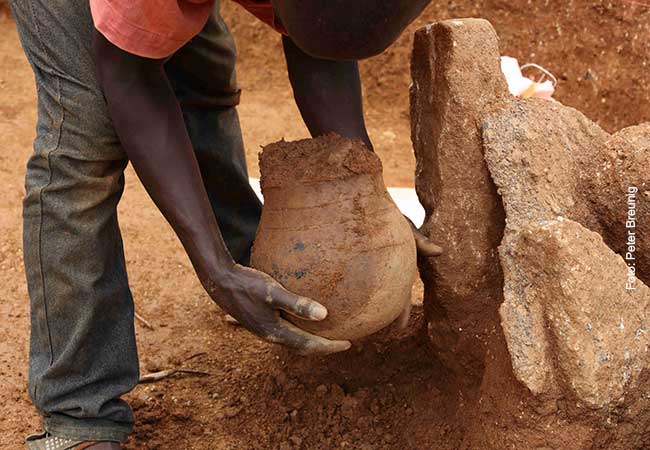
What’s In Your Pot? African Cuisine Included Leafy Greens And Yams Over 3,500 Years Ago
“The visible and invisible remains of food preparation in the archaeological sediment and the pottery give us a much more complete picture of past eating habits. This new evidence suggests a significant time depth in West African cuisine.” (Click on title for full story)
-

Over 9,000 Tree Species Are Yet To Be Discovered. Will They Be Found Before They Are Gone?
The study is based on a database of tens of millions of trees in more than 100,000 forest plots around the world. (Click on title for full story.)
-
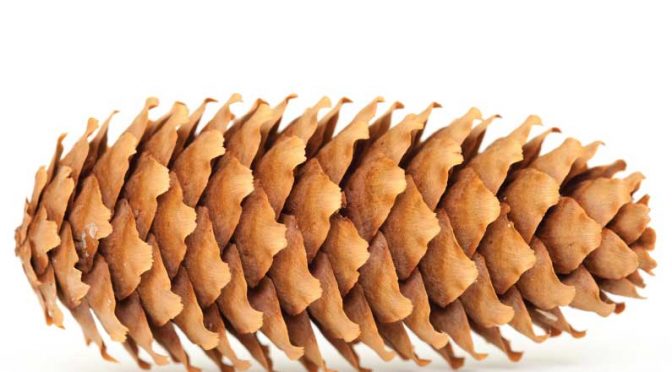
Could Spruce Tree Cones Be Used To Capture CO2 ?
A new material to capture carbon dioxide comes from a surprising green source: spruce cones (Click on title for full story)
-
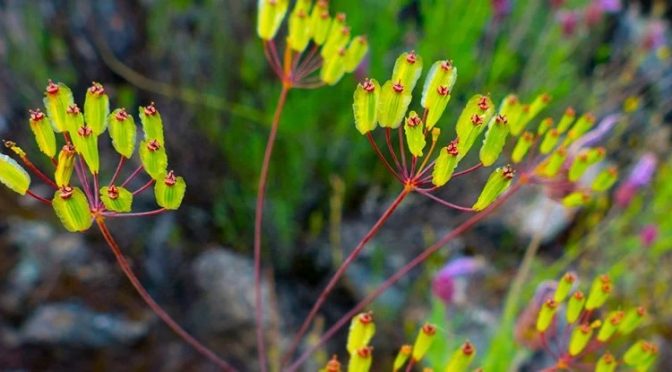
Can This Poisonous Plant Lead To A Cure For Covid-19?
The plant-based antiviral agent thapsigargin (TG), derived from a group of poisonous plants known as ‘deadly carrots’, appears to be effective against all variants of SARS-CoV-2 in the lab – and that includes the quick-spreading Delta variant. (Click on title for full story.)
-

Taste Differs: Broccoli Is Yucky To Some Because Their Saliva Reacts With It.
Children might dislike Brassica vegetables, such as cauliflower and broccoli, because of volatile sulfur compounds produced in their saliva. (Click on title for full story)
-
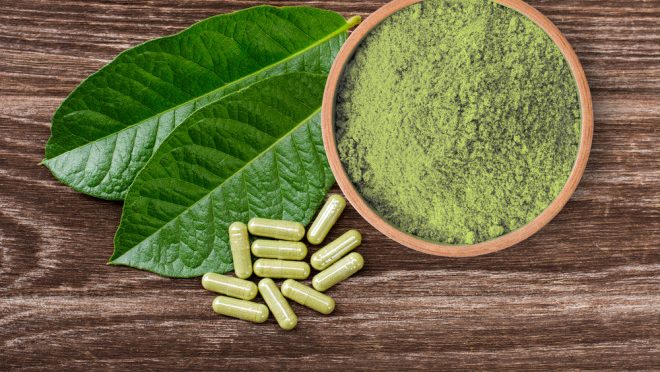
Kratom: What Science Says
Kratom vendors aren’t the only ones who have been accused of misrepresenting scientific research. (Click on title for full story)
-

New Threat To Ocean Plants: Human Noise
This is the first time that noise’s impact on plant structure has been studied, to the best of the researchers’ knowledge. (Click on title for full story.)
